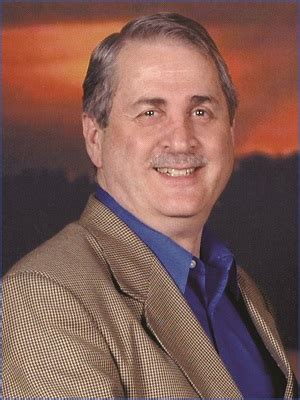A Quote by Shannon Hale
But, how do you know if an ending is truly good for the characters unless you've traveled with them through every page?
Related Quotes
One can feel the immense joy of Amy Hill Hearth's engagement in her first novel. It radiates through every scene and through every page. Sometimes, an exceptional writer finds an exceptional premise, and the result is a truly exceptional book. Such is the case with Miss Dreamsville...The writing is brilliant, especially the dialogue through which the characters are defined.
I can't really write anything without knowing the ending. I don't know how people do that. Even with my superhero stuff, I have to know at least where I want to take the characters and what the ending of my story with them will be. I just can't structure stories or character arcs and stuff without knowing the endpoint.
I have traveled to Florida, I have traveled to Georgia, I have traveled to California, you and I both know that there are millions of undocumented workers that work hard, sweat soil every day to put the food we eat on our table. That's not a myth, that's a reality. Why don't we let them come with visas to this country so that then we don't have people using that border.
Once we truly grasp the message of the New Testament, it is impossible to read the Old Testament again without seeing Christ on every page, in every story, foreshadowed or anticipated in every event and narrative. The Bible must be read as a whole, beginning with Genesis and ending with Revelation, letting promise and fulfillment guide or expectations for what we will find there.
If you have the personalities down, you understand them and identify with them; you can stick them in any situation and have a pretty good idea of how they're going to respond. Then it's just a matter of sanding and polishing up the jokes. But if you've got more ambiguous characters or stock stereotypes, the plastic comes through and they don't work as well. These two characters clicked for me almost immediately and I feel very comfortable working with them.
I see women who have this struggle between what they know is right, what they know is necessary, what they know is healthy, what they know is good for them, what they know is good for the work that they need to do, what they know is good for their bodies, what they know is good for their families - all too often ending that statement with the upturned question mark: "If it's okay with everyone?" Still asking, still requesting, still filing petitions for somebody to say that it's all right.


































